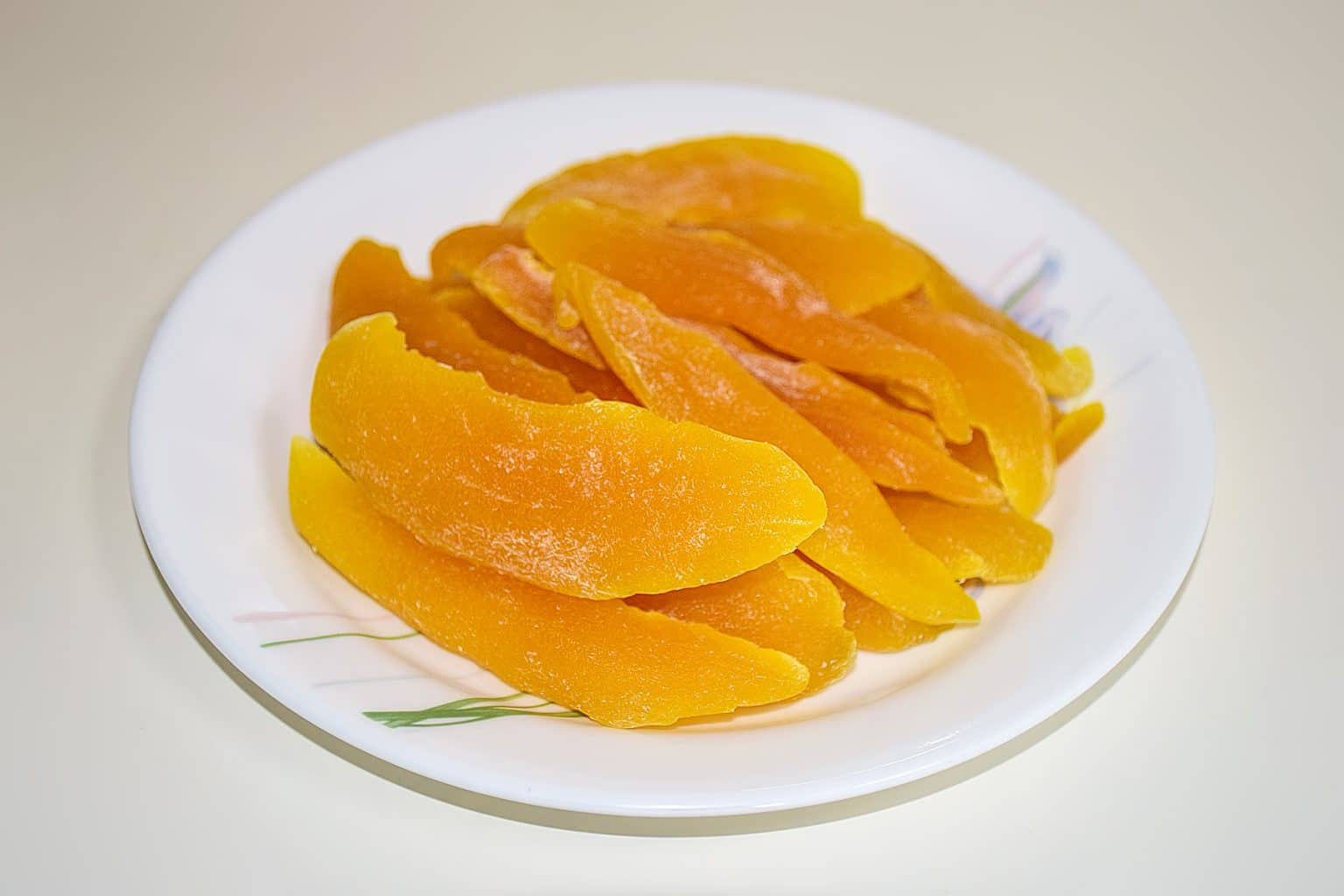Regarding snack options, there are few that match the tasty flavor and nutritional advantages of dried mango. This tropical delight, known for its lively taste and chewy consistency, offers a handy way to savor a healthy treat. Whether you're in need of a quick boost of energy or a scrumptious addition to your meals, dried mango serves as a great companion.
The journey from farm to factory to your shelves is captivating. Dried mango factories operate tirelessly to retain the mango's abundant nutritional content while accentuating its natural sweetness. This method not only renders dried mango a enjoyable snack but also makes certain that you are adding a powerhouse of vitamins and essentials into your nutrition. Let's take a look at why incorporating dehydrated mango to your routine can be a flavorful step towards a healthier lifestyle.
The Nutritional Benefits of Dehydrated Mango
Dried mango is not just a flavorful treat; this fruit comes packed with essential nutritional elements that contribute to overall health. Rich in vitamins, especially vitamin A specifically, dehydrated mango supports healthy vision and immune function. A single portion provides a significant amount of the daily recommended intake of this crucial vitamin, which helps to maintain skin wellness and promote cell growth.
In addition to vitamins, dried mango is a excellent source of dietary fiber, which plays a vital role in digestive system health. Ingesting fiber-rich items can help regulate bowel movements and make you feeling full longer, making dried mango a smart choice for those looking to manage their weight. Additionally, the fiber content helps in stabilizing blood sugar levels, which is particularly advantageous for individuals suffering from diabetes.
A further key advantage of dehydrated mango is its antioxidant properties. Dried mango contains various antioxidants, including flavonoids and polyphenols, which help combat oxidative stress and protect the body against various diseases. Through adding dehydrated mango into your diet, you can savor its naturally sweet flavor while gaining the health benefits that are derived from these robust nutrients.
This Sun-Dried Mango Processing Process
This process of dried mango starts with the careful selection of ripe mangoes, frequently obtained from local farms where the climate and soil conditions are ideal for cultivating this tropical fruit. Once collected, the mangoes are sorted to ensure only the best-quality fruits move to the drying stage. This detailed process not only ensures a high-quality product but also bolsters local agriculture and advances sustainable farming practices.
After selecting, the mangoes are rinsed to remove any impurities. Next, they are shaved and cut, with the thickness of the slices based by the desired texture and moisture retention. The cut mangoes are then scalded in hot water to help keep their lively color, flavor, and nutritional value. This stage is crucial, as it prepares the fruit for the drying phase while also reducing the risk of microbial growth.
The drying technique itself can be carried out using various methods, including solar drying, ventilated drying, or using dehydrators in a dried mango facility. vietnam dried mango manufacturer has its distinct advantages, but all aim to eliminate moisture while intensifying the flavors. Once dried, the mango slices are packaged efficiently to maintain quality and delivered to buyers eager to benefit from their wellness perks.
Eco-friendliness in Dried Mango Production
Environmental sustainability is on the rise in the food industry, and the production of dried mango method is no exception. Countless dried mango factories are adopting sustainable practices that reduce their environmental footprint. This includes obtaining mangoes from regional farms that utilize sustainable agricultural practices, reducing the carbon footprint associated with transportation and advocating for the use of natural farming methods. As consumers become more environmentally conscious, these factories are responding by ensuring that their operations support the planet.
In addition of sustainable sourcing, dried mango production often focuses on energy efficiency and waste minimization. Factories are adopting technology to improve energy use, such as solar panels and energy-efficient processes. Furthermore, waste generated during processing is being reused or turned into compost, rather than going to landfills. By using the whole the fruit and minimizing energy consumption, these facilities are leading towards a greener approach to dried fruit production.
Lastly, the social aspect of sustainability is important in the dried mango industry. Many manufacturing processes aim to provide fair wages and safe working conditions for their employees. This dedication to ethical labor practices not only helps build a healthier community but also ensures that consumers can have peace of mind regarding the products they purchase. As the appetite for dried mango continues to grow, prioritizing sustainability in manufacturing is crucial for both health and environmental concerns.

